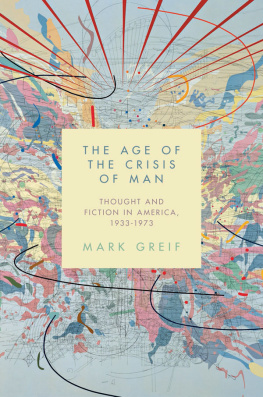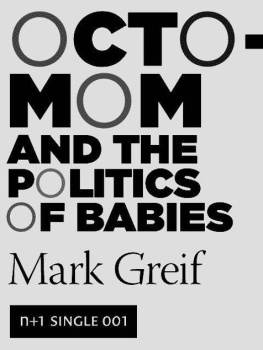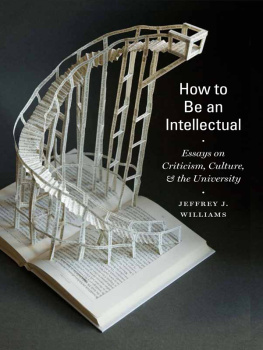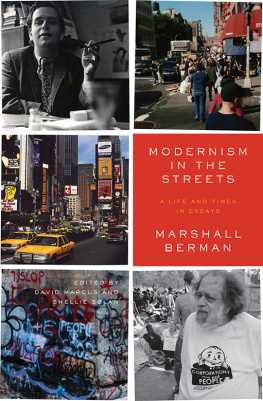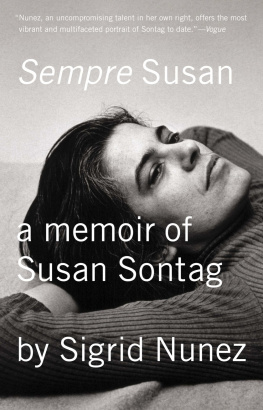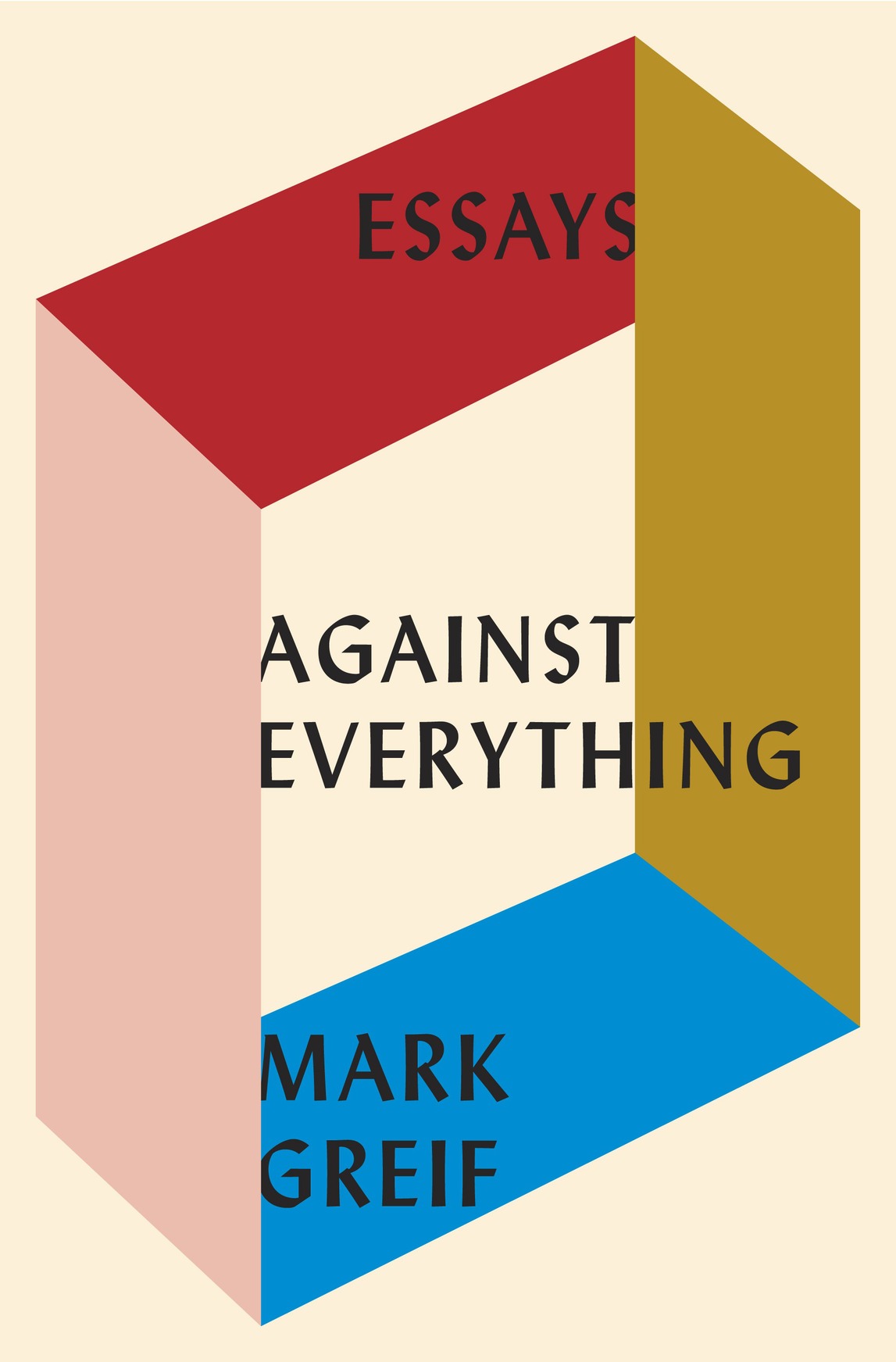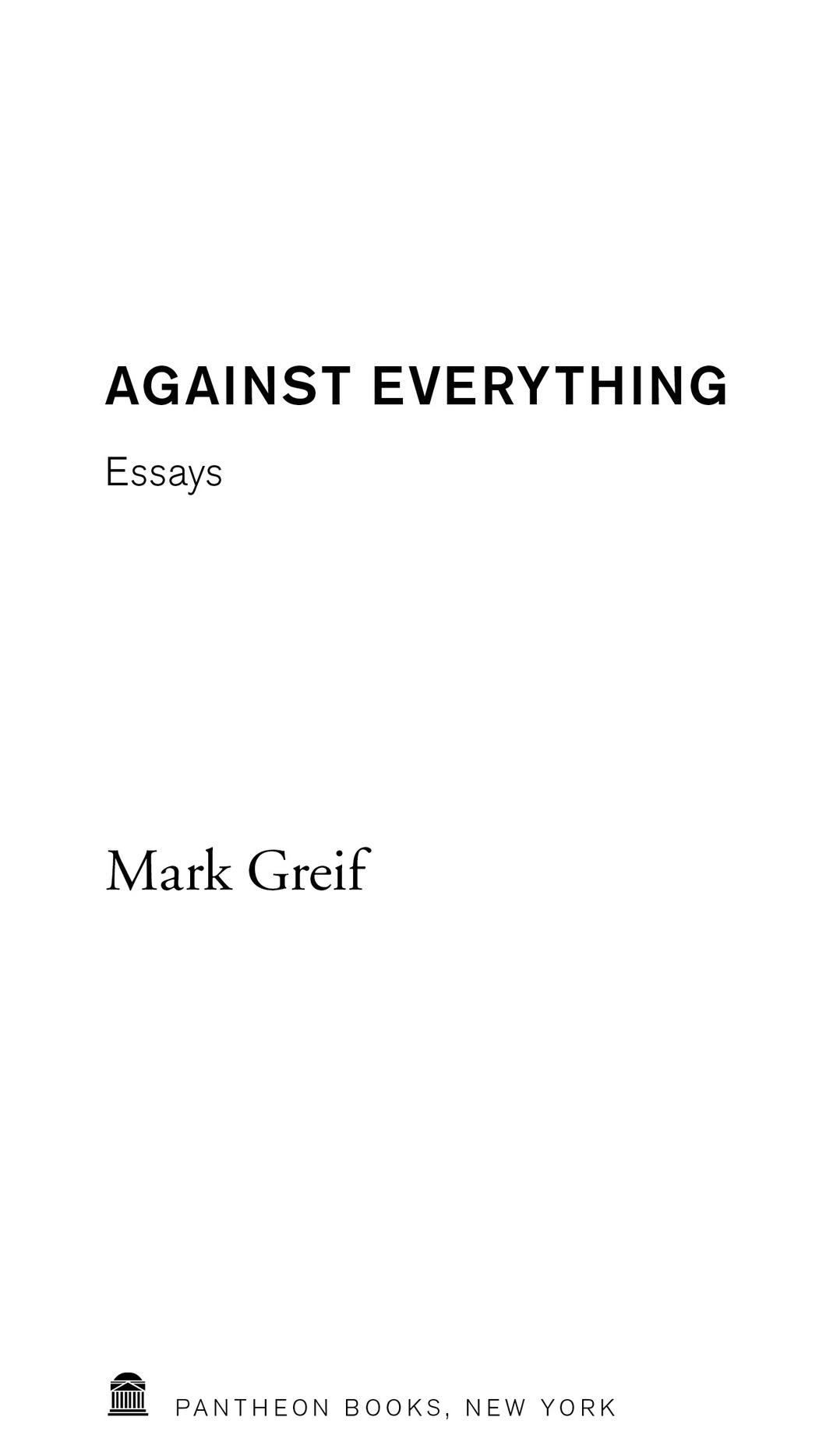All rights reserved. Published in the United States by Pantheon Books, a division of Penguin Random House LLC, New York, and distributed in Canada by Random House of Canada, a division of Penguin Random House Canada Limited, Toronto.
Pantheon Books and colophon are registered trademarks of Penguin Random House LLC.
constitutes an extension of the copyright page.
Name: Greif, Mark, [date], author.
Title: Against everything : essays / Mark Greif.
Description: New York : Pantheon Books, 2016.
Identifiers: LCCN 2016003116 (print). LCCN 2016016636 (ebook). ISBN 9781101871157 (hardcover). ISBN 9781101871164 (ebook).
Classification: LCC AC 8.5. G 74 2016 (print). LCC AC 8.5 (ebook). DDC 814/.6dc23.
PREFACE
This book represents a decade of writing. These are essays I wrote for n+1, the journal I founded with friends to publish a kind of literature that didnt exist elsewhere. Writers dead or famous have innumerable publications to air their views. If we made one venue for the unknown, might they say one thing as yet unsaid? Here are my published attempts. The additions are essays unpublished previously in English, inquiries I didnt want to share without context in America. They all reflected an effort, in my twenties and my thirties, to try to figure a few things out. What I was living for, principally, and why so much around me seemed to be false, and contemptible, yet was accepted without a great collective cry of pain.
This is not a book of critique of things I dont do. Its a book of critique of things I do. Habits in which I am joined by a class of people, call them the middle classes, or people in the rich nations, or Americans and Europeans and their peers the world over. Call them us, or call them you. I want to talk about you.
A lot of books tell you how to do the things you are supposed to do, but better. This book asks about those things you are supposed to do. Do you really do those things? For the reasons that are supposed? What if our true reasons, yours and mine, are not the ones usually proclaimed? If the right reasons to do things, to be good and true and righteous, in fact are wrong? If the usual wisdom is unwise?
I begin with the body. Its the closest thing to us. In exercise, health, sexual desire, eating, childbearing. Youth and age. My notion is that once progress made it easy to acquire the necessities of bodily life, other forces set about making those needs complicated and hard. Much of daily life is turned over to life maintenance at the very moment youd think wed be free to pursue higher goals.
Spectacles, sights and sounds, measures and sums, are made from former areas of privacy. This exposure to sight generates all sorts of new pleasures and new fears. But the ceaseless grooming and optimizing of ordinary life stands in the way of finding out how else we could spend our attention and our energy. Adventurers are always coming back to tell us the thrills of daring acts that re-create more of the same. I stood on the precipice and leaped! Into what? Into the known!
Our hesitancy to know ourselves extends to things both bad and good. Identity theft has become such a general phenomenon these days, no wonder it goes so often unreported. The problem is not that others are stealing ours but that we are sneaking theirs. By the books end, I will have asked what we call experience today and what we name reality. Where glimmers of hope come from, especially within the popular culture, and why you might be embarrassed to own them. And what sight and the body could have to do with a nations armies, police, and democracy.
I can imagine someone asking: Against everything? Ill tell you what the impulse means to me. My mother used to take me to a pond, when I was small, because it was a place to swim and walk in the suburbs where I grew up. Its name, Walden, also named a scandalous book.
My mother had never read the book. I was too young to read it. We circled the pond, many afternoons, and speculated. In olden days there had been a man named Thoreau. He walked and thought here. He had written in his book that the things people considered superior were often inferior. The best things might be in nobodys possession. Trash was treasure. Work was overrated, insofar as most people worked at the wrong things for the wrong reasons. Walking without a goal was superior to running. Conversation was the true purpose of everything, even of solitude and reading and thinking.
Our knowledge of his words was very dim. It came from short quotations reproduced on coffee mugs, bumper stickers, and T-shirts: Beware of all enterprises that require new clothes. Our ignorance, though, did not mislead us as to the sense of what the philosopher had meant. Absence of detail proved to be the best instruction conceivable. I wonder what he would have thought of that? said my mother as we passed every folly, driving to the pond or coming home: billboards, luxury cars, malls, political signage, mansions, families fighting in backseats, radio insipidity, entreaties to good behavior from the road signs, the infinite unlovely and inane.
It was my task to do the wondering. The pact between us was that he knew how to question and discredit anything we might think ofthings we doubted, but also things we did. My portion was to figure out exactly what his critique and alternative could be. I had to show how every commonplace thing might be a compromise. The standards universally supposed might not be universal. Or they simply might not suit a universe in which my mother and I could happily live. I chatteredchildishly, I guess, but buoyed by a medium other than youth and agewhile kicking my sloppy sneakers against the dash. I taught myself to overturn, undo, deflate, rearrange, unthink, and rethink. But it isnt really possible, my mother would warn. You cant go down to the root. Some things dont change. Ill bet he would think its possible.
The most important thinker for me, ever, was thus just a principle when he mattered most, and his period of greatest importance was when I had not read him. I knew a philosopher to be a mind that was unafraid to be against everything. Against everything, if it was corrupt, dubious, enervating, untrue to us, false to happiness. And to attempt this was to try to be our friend, my mothers and mine.
I finally read Walden when I was seventeen, about to leave home to start life on my own. The book was more implacable than I could ever have imagined, and more hopeful and loving. I had with it the experience Ive had with only a handful of books, of knowing I didnt deserve to finish it until I would no longer have to cast down my eyes, abashed, in the presence of its words. That kind of growing up, I thought uneasily, could take a lifetime.
I identify with my mother, as she was then, an adult, who knows that many things dont change, and with myself, as I was then, a child, who knew that life was not worth entering if it couldnt become better than it is. And I speak as myself now, still learning to be different than I am. To wish to be against everything is to want the world to be bigger than all of it, disposed to dissolve rules and compromises in a gallon or a drop, while an ocean of possibility rolls around us. No matter what you are supposed to do, you can prove the supposition wrong, just by doing something else.


